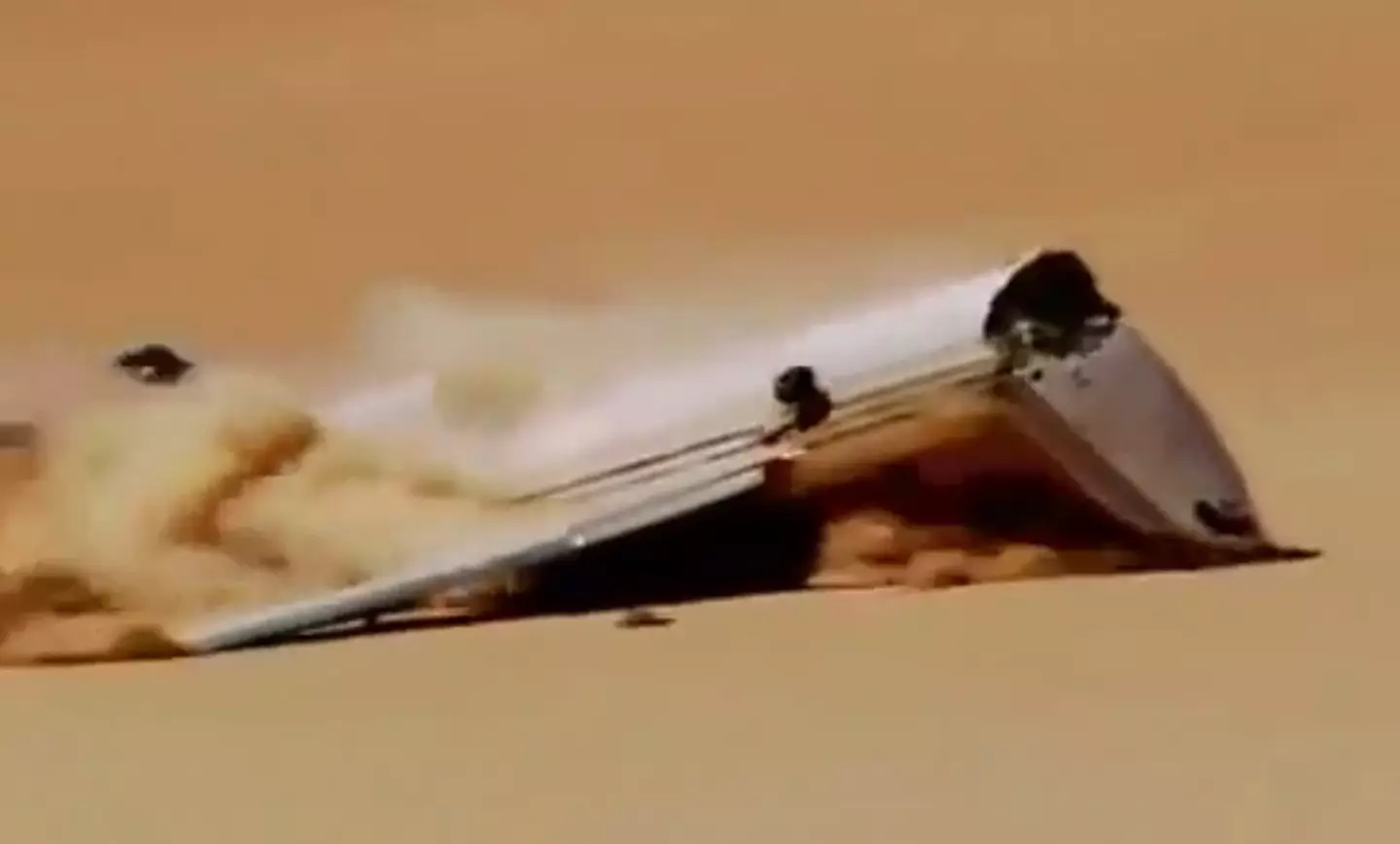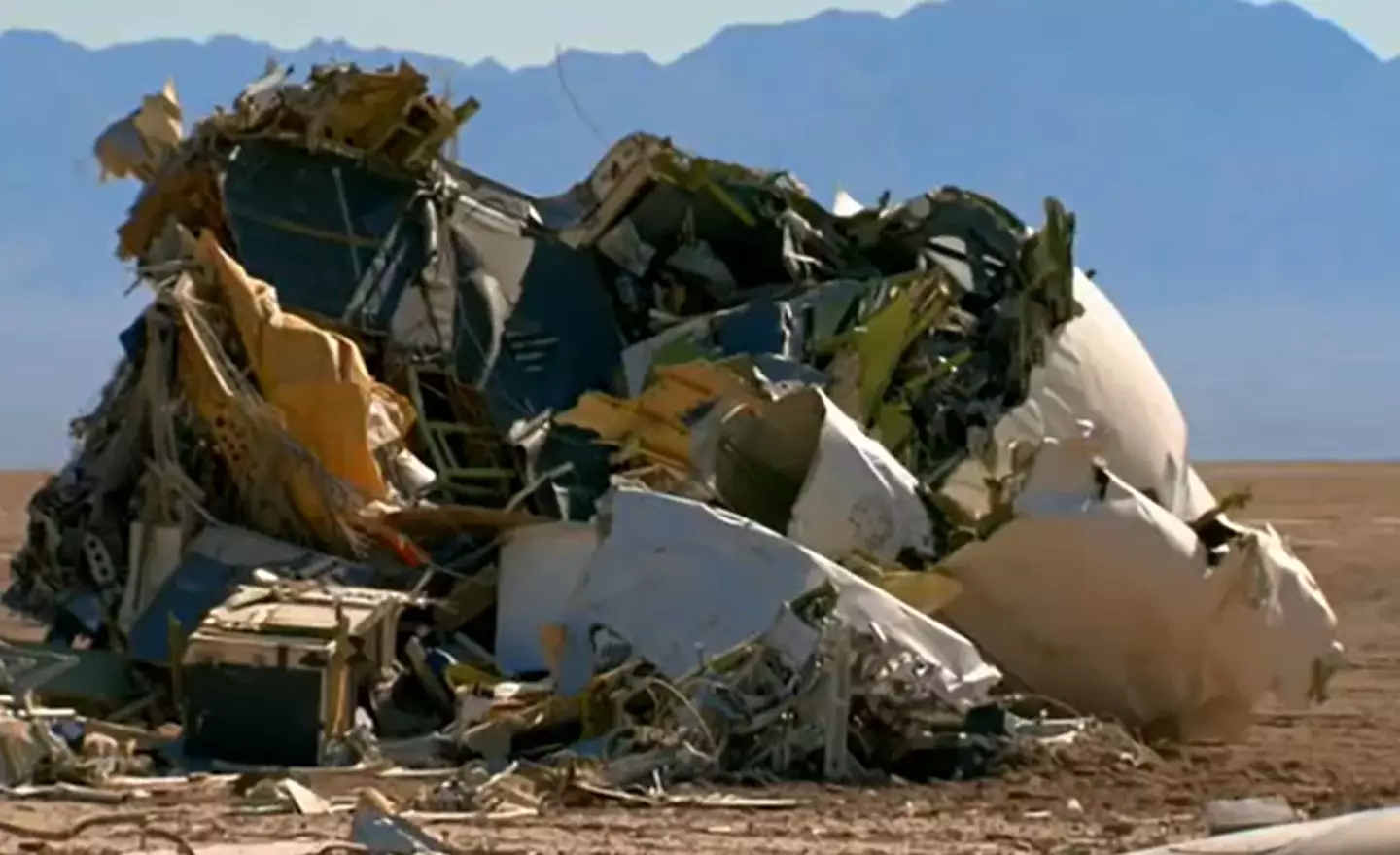.png)
Back in 2012 a team of scientists crashed a plane in the Mexican desert so they could test which seats would be safest to sit in.
They rigged a Boeing 727 full of crash test dummies, cameras and all sorts of measuring instruments before bringing it down.
Advert
The test had originally been supposed to take place in the US, but since they couldn't get permission for the experiment there the scientists ended up having to stage the crash in Mexico.
After getting about as many permits as they had crash test dummies the test was able to take place on 27 April, 2012, with the stipulation that someone had to be in the cockpit when the thing actually took off.
A crew of six took the plane into the skies one last time before transferring the 727 to a remote control operator who was in another plane flying behind the Boeing.
While having actual living people on board the plane would probably have provided the team with some great data, they couldn't stay for the crashing part for very obvious reasons.
Advert

The entire crew parachuted to safety three minutes before the 727 crashed into the ground at 140mph, leaving it a lifeless flight of the damned for a short while before aircraft met earth in dramatic fashion.
The impact of the crash collapsed the plane's landing gear and the aircraft itself split into several pieces, with the front section of the 727 being torn away almost immediately.
Scientists were pretty happy with the data they received, essentially making it the most successful plane crash in history.
Advert
As for their goal of working out which spot in the plane gives you the best odds of survival, it definitely isn't the pilots and passengers at the front as that section was torn off and wrecked, so maybe that first class ticket isn't worth it after all.
Seat 7A was flung over 150 metres away from the collision, which would almost certainly have killed someone sitting in it.

The experts worked out that the best places to be in the event of a crash were by the wings, as that's where the aircraft's body is strongest, and near the back of the plane.
Advert
Indeed, they worked out that passengers at the back would have been so safe that they could probably have got up and walked out of the wreckage themselves without serious health concerns.
That does come with the caveat that in this test flight the front end crashed first and took the brunt of the impact, if the back end of the plane smashed into solid ground first you do not want to be there.
Passengers seated near the wings of the plane would likewise largely have survived, the scientists determined in their tests, but might have broken some bones in the process and could need help getting away from the wreckage.
Topics: News, World News, Science, Weird